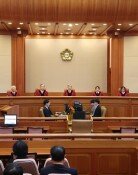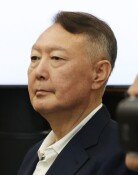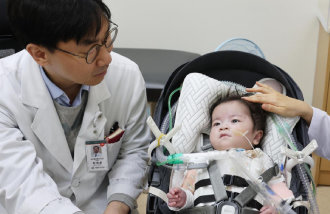[Opinion] Korea Univ.`s Open Courses
[Opinion] Korea Univ.`s Open Courses
Posted September. 19, 2008 08:14,
Claremont near Los Angeles is called The City of Trees and Ph.Ds. This is because the Southern California city is surrounded by woods and more than 10,000 residents who hold master`s or doctoral degrees, mainly from the Claremont Colleges. As the only consortium university in the United States, the Claremont Colleges are divided into the liberal art colleges of Pomona, Scripps, Claremont McKenna, Harvey Mudd and Pitzer, and the two graduate schools of Claremont Graduate University and the Keck Graduate Institute.
A free and open lecture system allows these small colleges to create the consortium. Since the seven colleges are part of a cluster, students can take any course they want within the consortium. For instance, Harvey Mudd is an engineering school, but its students get a third of their required credits through interdisciplinary studies. Students can take various lectures and the colleges do not have to hire new faculty.
Korean universities have a similar "cross-credit" system, in which affiliate universities recognize credits from another school. The problem is that this system is almost useless due to the sense of elitism among Korean schools, though interdisciplinary studies between Korean and foreign universities have grown popular. When Ewha Womans University signed a consortium agreement with Sookmyung Womens University, students attending Ewha are said to have filed e-mail complaints to their president en masse. Korea University has also established a similar system with 22 other universities, but only 15 of them have offered joint academic programs.
Korea University will be the first domestic university to offer free open lectures for all undergraduate students. From the new school year, about 8,000 students from other universities, or equal to five percent of Korea University`s student body, can take any course at Korea University. Anyone who wants to take courses at the school can sign up, excluding summer and winter vacation classes. Korea University`s decision stems from its confidence in providing a quality education. The schools academic experiment deserves to be called "noblesse oblige," and the ensuing results deserve keen attention.
Editorial Writer Chung Sung-hee (shchung@donga.com)







